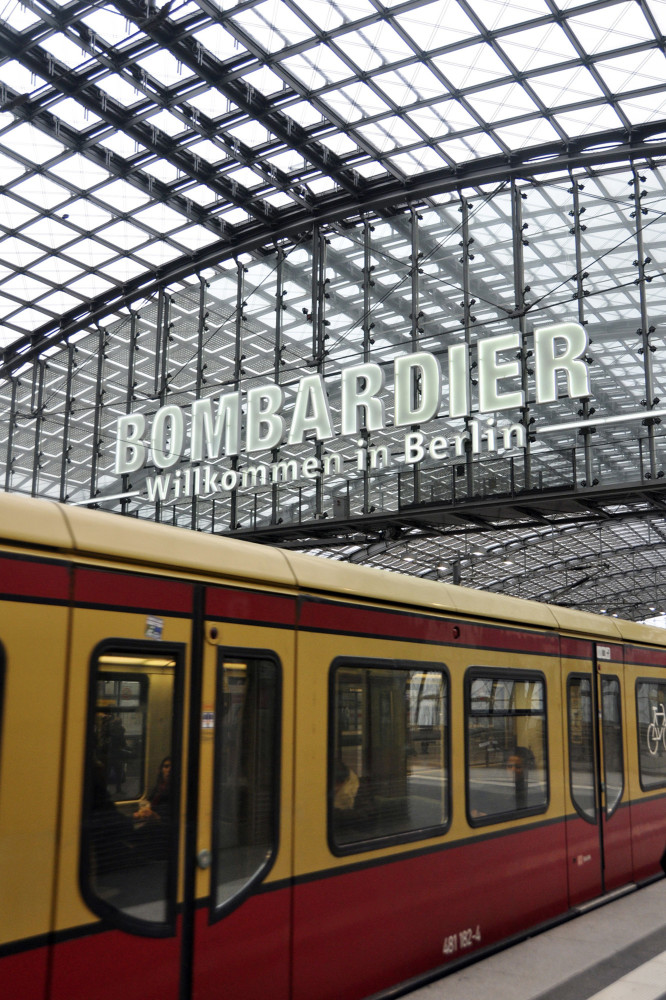By Andrew McCathie
dpa, Berlin.
BERLIN
Berlin was once famously dubbed by a former mayor as poor but sexy.
But the image of the German capital has been rapidly changing in recent years as a boom in the city’s start-up industry helps to reshape its economy and to forge a new, vibrant business sector.
Now, Berlin’s new mayor Michael Mueller has declared that the city is smart and sexy as the flood of money into its burgeoning digital economy helps to turn the metropolis into Europe’s capital for start-ups.
About 1.4 billion euros (1.6 billion dollars) of capital poured into Berlin’s start-up scene during the first half of the year, overtaking London, which drew in 1.1 billion euros between January and June, according to a report released by the professional service group Ernst & Young.
The scale of the investment funds moving into Berlin compared to London is also surprising considering that the British capital is Europe’s financial capital.
More than 2,500 start-ups have so far been set up in Berlin, offering services from fashion through to financing and food delivery services.
Still, the two most valuable German Start-ups — the food delivery groups, Delivery Hero and Hello Fresh — represent only a fraction of the value of giant global digital groups such as Uber, Airbnb and Snapchat.
However, the German Start-ups Association expects the sector to create about 50,000 new jobs across the country over the next 12 months, with a high percentage of those in Berlin. In fact, every second start-up in Germany is in the capital.
“Start-ups’ role as a job machine is gaining momentum,” said association chief Florian Noell.
Berlin’s new start-up scene also marks a major change for the city, which has not been associated with a lively free enterprise culture for decades.
The fall of the Berlin Wall more than 25 years ago and the end of Germany’s Cold War divide might have represented major turning points in the city’s development.
But they also set Berlin into downward economic spiral as industry in the former communist eastern part of the city shut down in the face of international competition and after western investment money failed to materialize.
The result was a surge in unemployment that turned Berlin into the German capital of welfare beneficiaries.
More recently, however, things have been looking up for Berlin.
The Berlin economy is now forecast to grow by more than 2 per cent this year according to figures from Berlin Investment Bank (IBB) with the dramatic expansion of the city’s tourism sector having also emerged as a key economic pillar.
But highlighting the importance of the start-up business, sector’s entrepreneurs have taken over about one quarter of the city’s office space, according to real estate agents Jones Lang LaSalle.
There is also another key factor at work. A new younger generation from around the world has been setting up in Berlin, drawn by the city’s reputation as a party town with a creative flair.
At the same time, they have found growing opportunities for forging new digital businesses in the German capital.
It has also helped that Berlin is home to Germany’s leading start-up incubators offering management and support services, such as Factory Berlin, Telecom T-Labs and Rocket, which last year became one of Europe’s leading emerging tech stocks.
The growth of the city’s start-up scene has also coincided with the drive by giant German and international companies to rapidly develop the digital side of their operations.
This includes Europe’s biggest telecoms group Deutsche Telekom, airline Lufthansa and the publishing house Axel Springer.
Engineering giant Siemens announced this month that it was boosting the amount of money it spends on research and development by 300 million euros to 48 billion euros with a focus on the promotion of start-ups.
At the same time, Berlin start-up entrepreneurs have also been expanding their horizons.
After successfully developing new food delivery and green digital businesses, such as in the transport sector, Berlin’s start-ups are now developing a name for themselves in the financial services sector.
The Berlin-based German mobile banking app Number 26 announced this month that it was expanding its services across eight eurozone countries thanks to the financial backing from PayPal co-founder Peter Thiel’s Valar Ventures.
For the moment, however, Berlin city’s lumbering bureaucracy has been struggling to keep up with the fast-paced changes underway in the capital’s digital economy.
The city authorities once again last month delayed forging a free public wifi network in the metropolis.














































































































































































































































































































































































